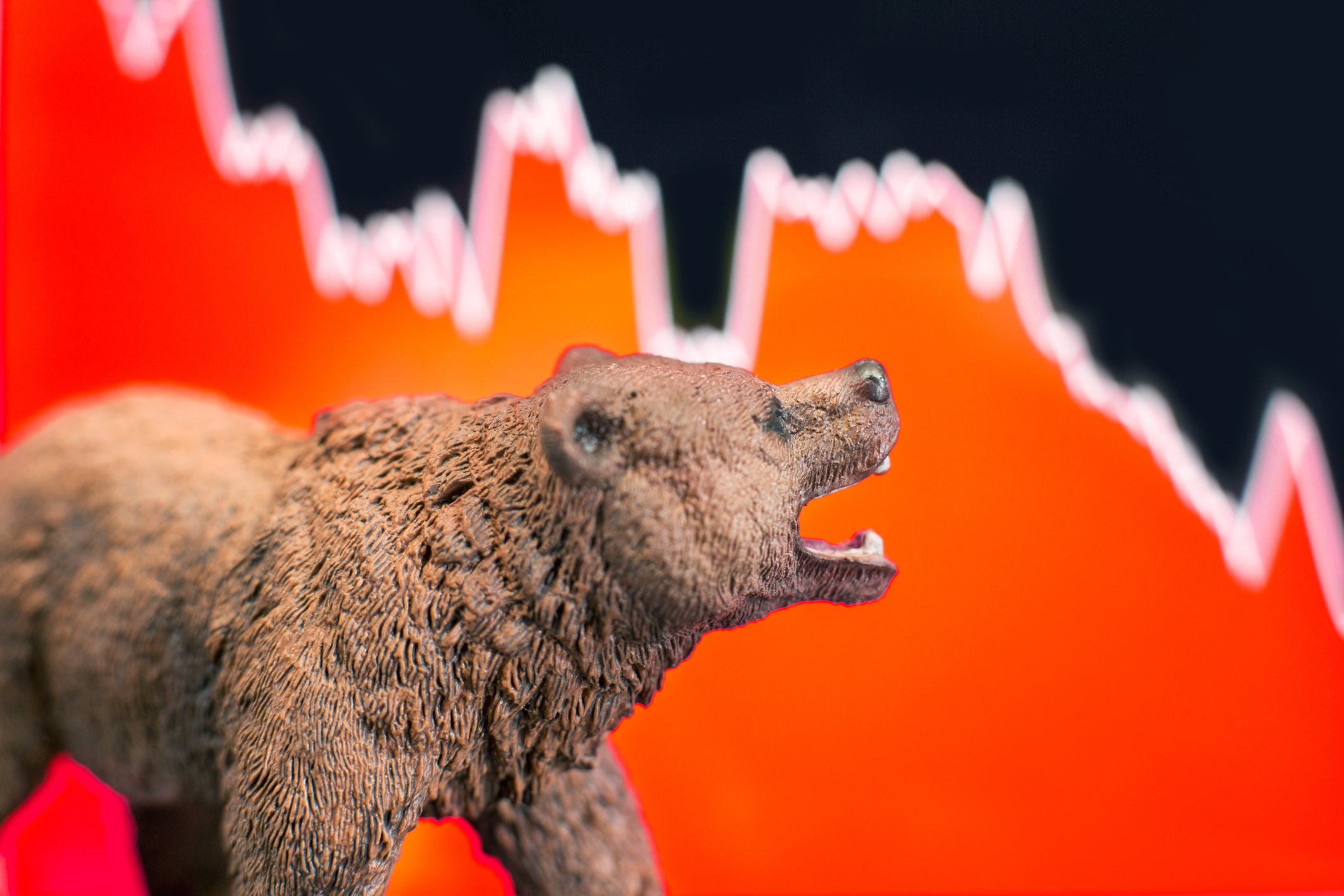Warren Buffett is justifiably known as one of history's great value investors. The occasional misstep aside, he has been an ace at finding good companies, buying them cheaply, and profiting beautifully once the rest of the world realizes their worth. No wonder Berkshire Hathaway (NYSE: BRK-A)(NYSE: BRK-B) has increased in value so sharply over the decades Buffett has led it.
Buffett is not generally celebrated as a dividend-earning income investor. But given that some of the titles in Berkshire's possession are reliable (and frequently generous) dividend stocks, perhaps he should be. Here, then, is a look at three solid dividend plays lurking in Berkshire's equity portfolio.

The legendary investor himself. Image source: The Motley Fool
Coca-Cola
Coca-Cola's (KO 0.31%) signature product is a favorite drink of Buffett's. And why not? Berkshire is a very long-term holder of the stock, having first bought into it in 1988. With a share price that has generally gone up despite numerous challenges to its business, Coke's returns have topped 4,400% since Berkshire piled in.
One big reason for those gains is that Coke is an extremely reliable dividend stock that does not skimp on its payout. The company is so reliable, it's a top Dividend Aristocrat -- i.e., one of the rare S&P 500 stocks that has raised its dividend at least once annually for a minimum of 25 years running. In fact, Coke has one of the longest streaks of raises out there, at 57 years and counting.
Since the company's core product essentially consists of two very cheap inputs (sugar and water), it has been very profitable over the years. This doesn't make it lazy, though. In fact, the company has had to fight to stay relevant in the market in the face of the global trend toward healthier eating and drinking.
But Coke is clever and feisty. Targeted, location-specific marketing strategies plus moves into popular beverage categories that are not soft drinks have lately brought meaningful growth back to key company fundamentals. So not only is Coke's dividend still rock-solid, but it also is almost certain to keep rising over the coming years.
This is good because even now, the stock yields a fizzy 3%. That's well above the average S&P 500's dividend yield, which is 1.9%.
Johnson & Johnson
Berkshire is a textbook example of the value of buy-and-hold investing. Some equities have been in its portfolio for decades. It's a company that prizes reliability and consistency.
These two traits help define Johnson & Johnson (JNJ 0.07%). Like Coke, Johnson & Johnson is a Dividend Aristocrat of long standing, with an annual raise habit that also stretches back 57 years.
The stock is relatively cheap today due in no small part to lingering allegations that its famous baby powder is contaminated with asbestos, a substance known to cause cancer (although both third-party and internal tests found no asbestos in samples of the company's baby powder). Johnson & Johnson has also recently been accused of contributing to the opioid epidemic.
But to be spooked by those controversies is to lose sight of the many useful and eternally popular goods Johnson & Johnson sells to maintain its ever-high pile of cash. Have you had a boo-boo lately? If so, you probably covered it with a Band-Aid, a longtime brand held by the company.
Johnson & Johnson has weathered controversies and fixed its business before, and if necessary it'll do so again. This is reflected in the company's share price, which, although down from its year-to-date peak, isn't as depressed as you'd expect for a business contending with ugly accusations. A modest price helps support the dividend yield, which currently stands at just under 2.8%.
STORE Capital
You may drink Coke and patch little wounds with Band-Aids (sorry about that boo-boo, by the way). But the chances are good that you've never heard of another Buffett dividend stock, STORE Capital (STOR +0.00%).
That's because it's a real estate investment trust (REIT), and since it isn't directly consumer-facing, it doesn't have much brand recognition.
What this retail-focused REIT does have, though, is a set of very popular commercial assets (over 2,400 properties across all 50 states) that are almost fully occupied. It's effectively resisting the retail apocalypse by habitually leasing its store space to tenants that can be called "apocalypse resistant," in that they typically require in-person patronage (movie theaters, health clubs, and the like).
STORE Capital is a relatively young REIT, and as such it continues to post encouraging growth numbers. Its most recently reported quarterly revenue was up 25% year over year. Adjusted funds from operations (a measure of earnings that's typically used to evaluate REITs) increased by 19%. Both growth figures are quite high for the typically slow-growing REIT sector.
Happily for income investors, REITs are required to pay out nearly all of their net profits in shareholder dividends. Even more happily for investors, the company's profitability is still on the rise. It's a popular stock with a steadily rising price, so its yield is lower than its older REIT peers. Still, it'll help to line your pockets at a 3.5% rate.









